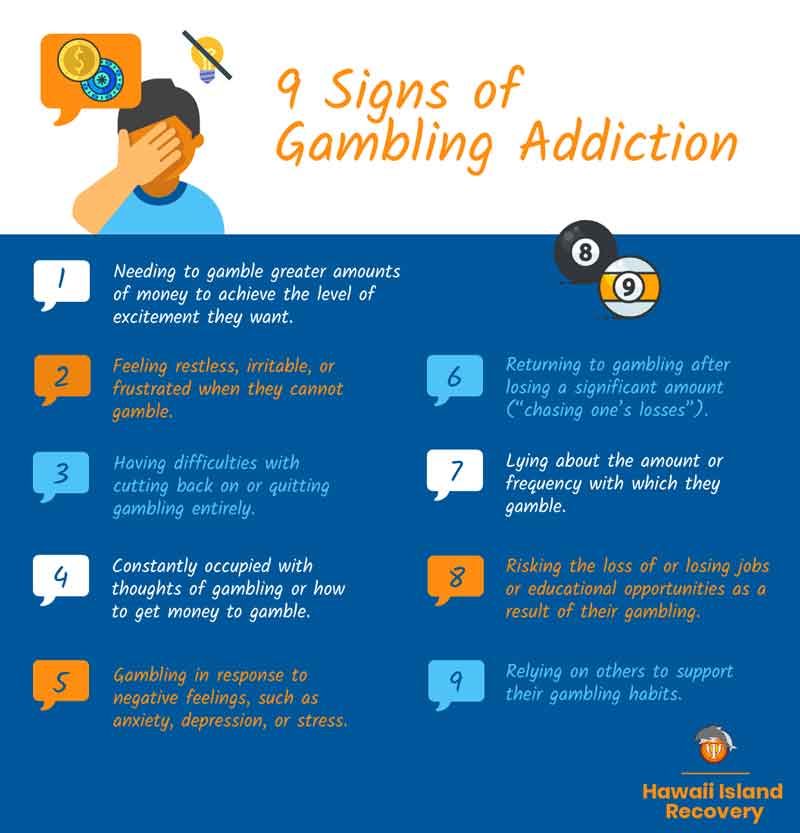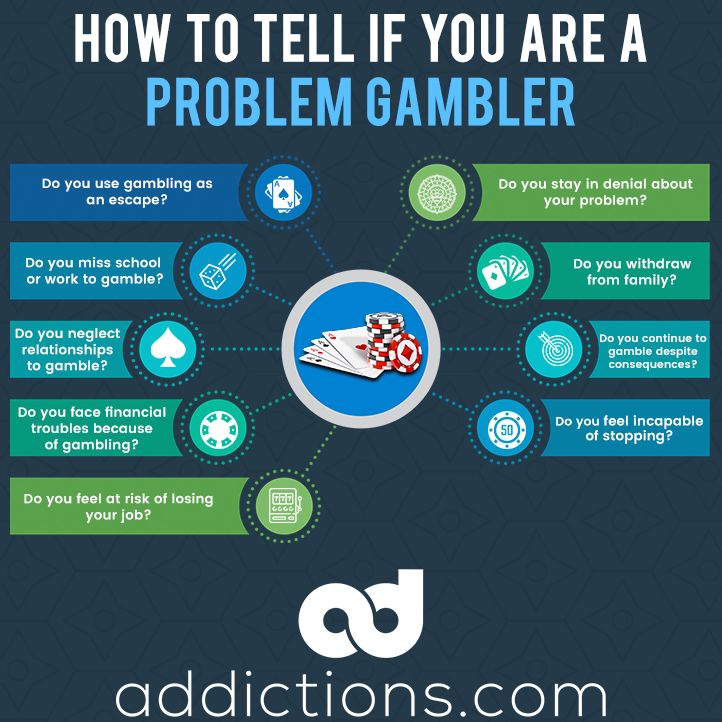
Identifying the Signs of Gambling Addiction
- 0
Gambling addiction is a serious problem that can have devastating consequences for individuals and their families. It is important to be able to recognize the signs of a gambling addiction so that you can seek help for yourself or a loved one if necessary.
What is Gambling Addiction?
Gambling addiction, also known as compulsive gambling, is a type of impulse-control disorder. People with a gambling addiction cannot control their urge to gamble, even when it causes them harm. They may continue to gamble despite negative consequences, such as financial problems, strained relationships, or legal issues.
Common Signs of Gambling Addiction
1. Preoccupation with Gambling
Individuals with a gambling addiction often think about gambling constantly. They may spend a significant amount of time planning their next gambling session or thinking about ways to get more money to gamble with.
2. Need to Increase Bets
As the addiction progresses, individuals may need to place larger bets in order to achieve the same level of excitement or satisfaction. This can lead to financial problems as they bet more money than they can afford to lose.
3. Inability to Stop Gambling
People with a gambling addiction often find it difficult to stop gambling, even when they want to. They may make numerous unsuccessful attempts to quit or cut back on their gambling habits.
4. Using Gambling as an Escape
Some individuals turn to gambling as a way to escape from their problems or cope with stress and anxiety. They may use gambling as a form of self-medication, seeking relief from their problems through the excitement of gambling.
5. Hiding or Lying About Gambling
Individuals with a gambling addiction may hide their gambling habits from friends and family or lie about the amount of time and money they spend gambling. They may also borrow money or steal in order to fund their gambling habit.
Seeking Help for Gambling Addiction
If you or someone you know is showing signs of a gambling addiction, it is important to seek help as soon as possible. There are many resources available for individuals struggling with gambling addiction, including support groups, counseling, and treatment programs.
Reaching out for help is the first step towards recovery. By acknowledging the problem and seeking support, individuals can take control of their gambling habits and work towards a healthier, happier life.
Conclusion
Gambling addiction is a serious issue that can have profound effects on individuals and their families. By being aware of the signs of a gambling addiction and seeking help when needed, it is possible to overcome this destructive behavior and build a brighter future.
If you or someone you know is struggling with a gambling addiction, do not hesitate to reach out for help. There is support available, and recovery is possible with the right resources and determination.
Remember, it is never too late to make a positive change and start living a life free from the grips of gambling addiction.

